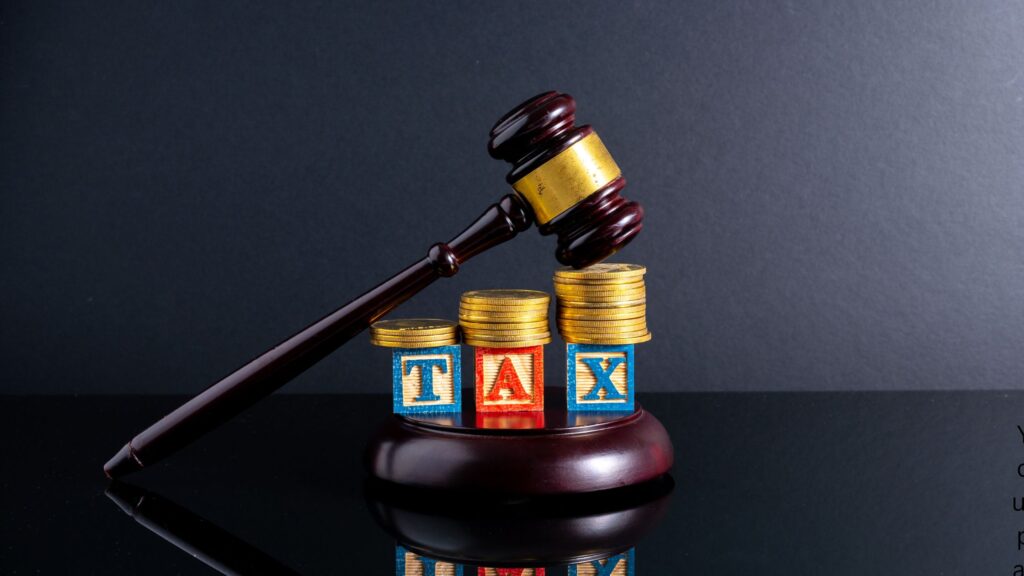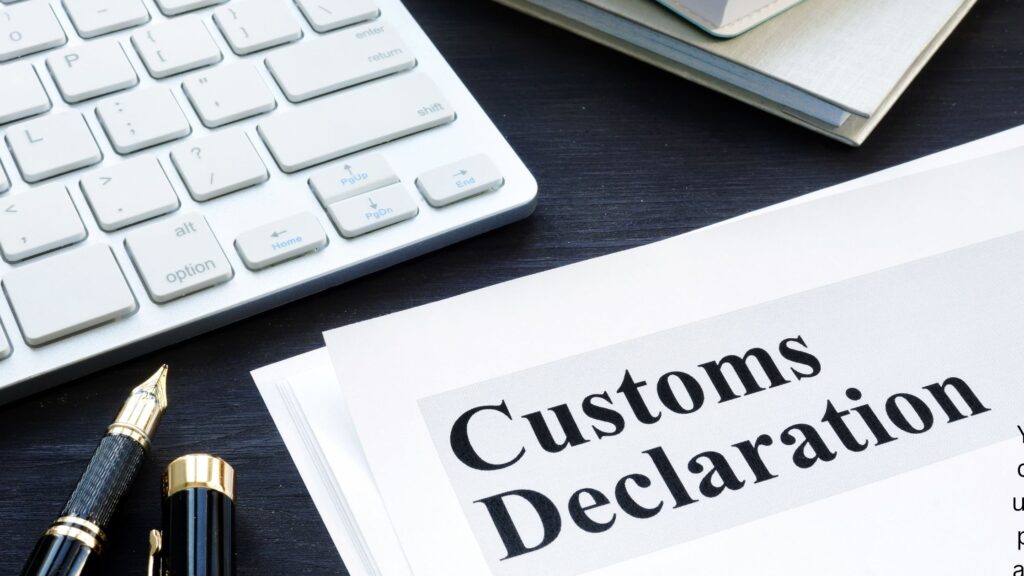Wealth can bring comfort and luxury, but it doesn’t erase deep-seated insecurities. Explore how newfound riches often amplify feelings of inadequacy in this thought-provoking read.

We all know someone who suddenly came into wealth and immediately picked up a condescending, tone-deaf attitude when talking about money, especially in relation to poor people within their immediate environment. For these folks, beneath the shiny exterior of their new-found wealth, there’s often something else lurking: insecurity.
Having money doesn’t magically erase all the deep-seated fears or insecurities someone might have. In fact, sometimes, it only amplifies them. Sure, wealth can afford you comfort, luxury, and freedom from certain struggles, but there’s a peculiar breed of insecurity that sticks around even after the money flows in. Let’s dive into this a bit more.
The Mask of Self-Aggrandizement

We’ve all met them—the people who constantly remind you of their possessions. From their latest flashy holiday to their new luxury car, it feels like every conversation has to circle back to what they own or who they know. This behaviour is more than just harmless boasting; it often stems from a need to elevate themselves above others. The material wealth becomes a mask to cover something deeper—insecurities that wealth can’t hide.
It’s like the guy who, after every little success, has to loudly announce it to everyone around him. He might think he’s impressing people, but most of us can see it for what it is—a desperate cry for validation. I once knew someone who would spend a fortune upgrading to the latest tech, then spend just as long talking about it.

But behind all those gadgets and gizmos was someone constantly seeking approval, even from those who didn’t really care about such things.
This form of self-aggrandisement becomes a way to cope with feelings of inadequacy. As if the more they accumulate, the more worthy they become in the eyes of others. Spoiler alert: that’s not how it works. Research shows that materialism and self-esteem issues often go hand in hand, so the need to show off can actually point to something missing inside.
Feigning Ignorance as a Power Play
Another interesting phenomenon among the wealthy is the tendency to pretend they don’t understand the basic struggles that most people face. They act oblivious to situations that should be crystal clear—like when someone acts puzzled about how people survive on minimum wage or why rent increases hit so hard.
Feigning ignorance, in this case, isn’t born out of genuine lack of awareness. It’s more of a performance. It’s a way to suggest that they’ve transcended such issues because they’re above it all.
This move creates an opportunity to shift the conversation back to themselves and their elevated status. It’s like saying, “I’m so removed from these common worries because, well, look at my life.” This act of detachment doesn’t make them seem more knowledgeable or elite. In fact, it’s a transparent attempt to emphasise how removed they are from everyday struggles—a strategy that backfires because it just comes off as disingenuous.
I don’t know if psychologists have a term for it, but I like to refer to this as the ‘more money-less empathy syndrome’ where wealthy individuals create psychological and emotional distance between themselves and the realities of those less fortunate. It reinforces the idea that they’ve ‘made it’ and are no longer part of the ‘ordinary’ crowd.
The Vicious Cycle of Bragging
In the world of the insecure rich, bragging isn’t just a habit—it’s a way of life. But here’s the kicker: it’s not just about showing off. It’s about creating a feedback loop where self-worth is tied to how much external validation they receive. The more they boast, the more they hope people will fawn over them, and the cycle continues.
Think of it as a never-ending social media feed where the rich post their highlights, hoping for likes, shares, and comments. In reality, they’re not much different from a teenager checking how many hearts their latest Instagram post received. It’s a constant chase for approval, and no matter how much money they accumulate, it’s never enough to silence that nagging feeling of inadequacy.
I remember reading about a wealthy businessman in Lagos who, despite his millions, constantly sought to reinforce his importance at every event he attended. His speeches were always laced with anecdotes about his latest business ventures, which, to the casual observer, were more of a flex than actual value-adding insights. The irony was, everyone knew this need to assert dominance came from a place of insecurity. Money hadn’t fixed what he was lacking internally.
Take Hushpuppi, the infamous Nigerian fraudster, as a prime example of the vicious cycle of bragging.
His entire persona was built around ostentatious flamboyance, with social media flooded by images of designer clothes, luxury cars, and five-star travel. Hushpuppi wasn’t just showcasing wealth; he was seeking constant validation, trying to reinforce an image of success and superiority through material excess. The more he flaunted, the more attention he garnered, creating a feedback loop that drove his need for recognition even further. But beneath all the flash, it was clear his self-worth was tied not to who he was, but to the things he possessed, leaving a hollow legacy overshadowed by the fraud that sustained it.
Nigeria’s Unique Spin on Wealth and Insecurity
In Nigeria, the divide between the wealthy and the poor is vast, and sometimes it’s easy to mistake arrogance for success. With poverty being such a visible reality, those who have wealth often feel the need to flaunt it as a badge of honour. The flashy cars, the mansion in Banana Island, the constant Instagram posts of luxury getaways—all of it is part of an elaborate façade.
But for those of us watching from the outside, it’s not hard to see the cracks. We can recognise that beneath all the material displays is a person still wrestling with the same insecurities they had before the money came in. Their arrogance, their feigned ignorance—it’s all a desperate attempt to prove that they’re better off now. But the truth is, money doesn’t solve internal struggles. At the core of it, insecurity is still insecurity, no matter how expensive the mask .
Wrapping It Up: Money Won’t Heal What’s Inside
At the end of the day, money can buy a lot of things, but it can’t buy genuine confidence or inner peace. In fact, in many cases, it seems to do the opposite—exposing and amplifying deep-rooted insecurities. The constant need to prove oneself, to flaunt wealth, and to feign ignorance about the everyday struggles of others only serves to highlight the emptiness that material wealth can’t fill.
So next time you encounter someone bragging about their latest shiny toy or acting like they don’t understand why people complain about bills, remember: there’s likely more going on beneath the surface. Money can’t silence that inner voice of insecurity, no matter how loudly they shout about their success.
—
Until next time, stay thoughtful and remember: true wealth isn’t what’s in your bank account, but what’s in your soul. Kidding— just wanted to sound deep but that fell flat, didn’t it?
Vaami from SimplVest 🚀












